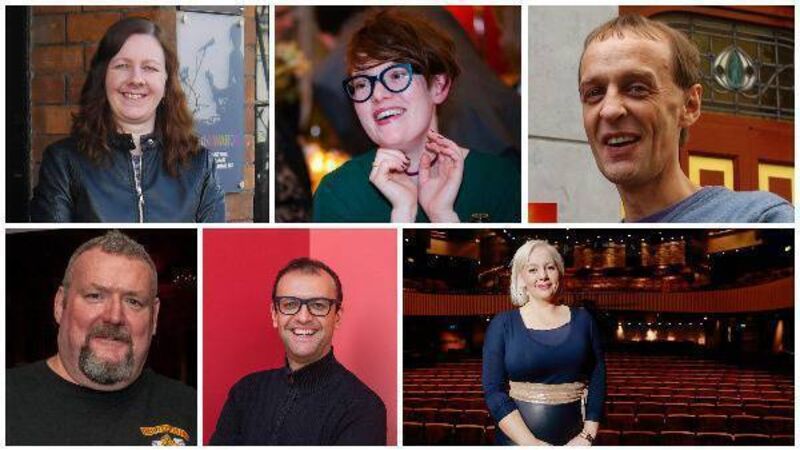Covid and culture: How people in the Cork arts scene are coping

Cork arts venue managers.
Almost exactly a year ago, Cork’s galleries, museums, theatres and music venues first closed their doors to the public. Twelve months on, some venues have remained closed ever since, while others briefly opened during an easing of restrictions during last summer.
Groups such as the Live Venues Collective and EPIC (Event Production Industry Covid-19 group) formed in 2020 and have successfully lobbied for additional funding to support not only performers and artists, but also the large number of entertainment and arts workers in technical and supporting roles.




